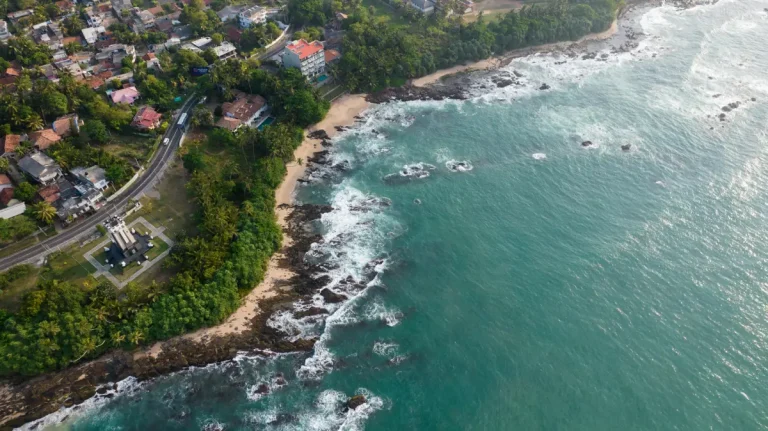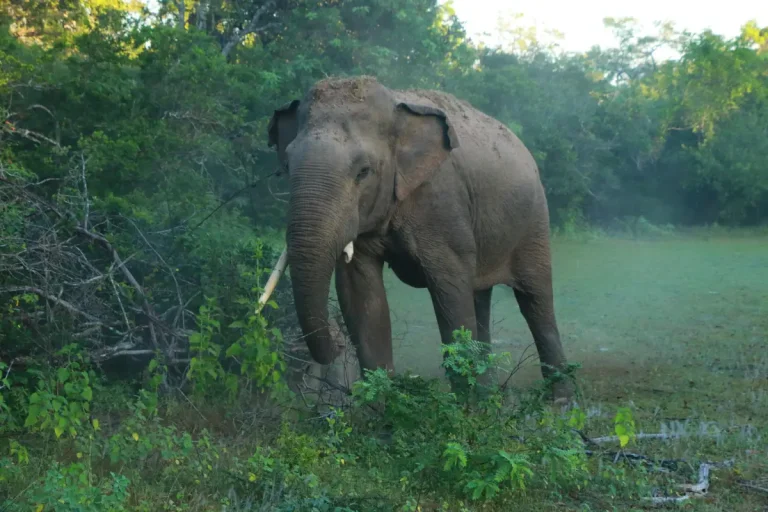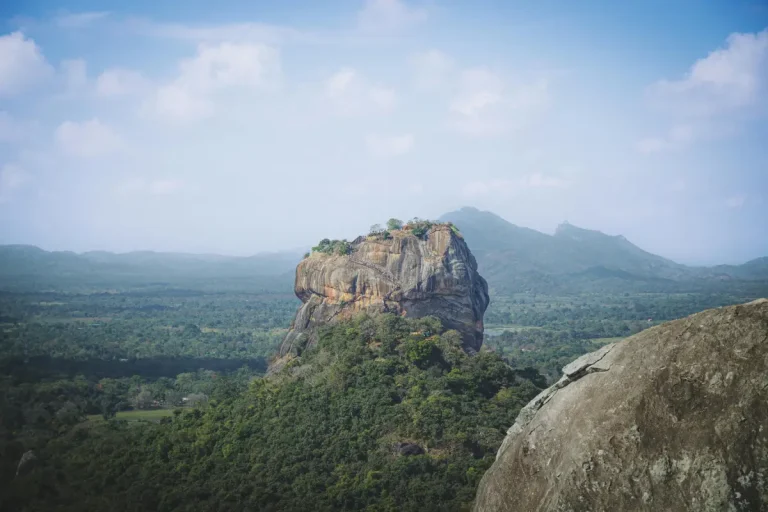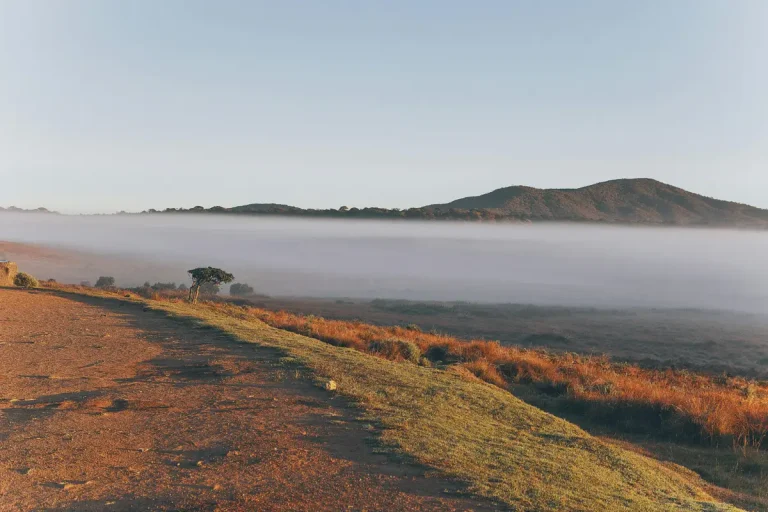Sri Lanka Cultural Festivals and Experience Them
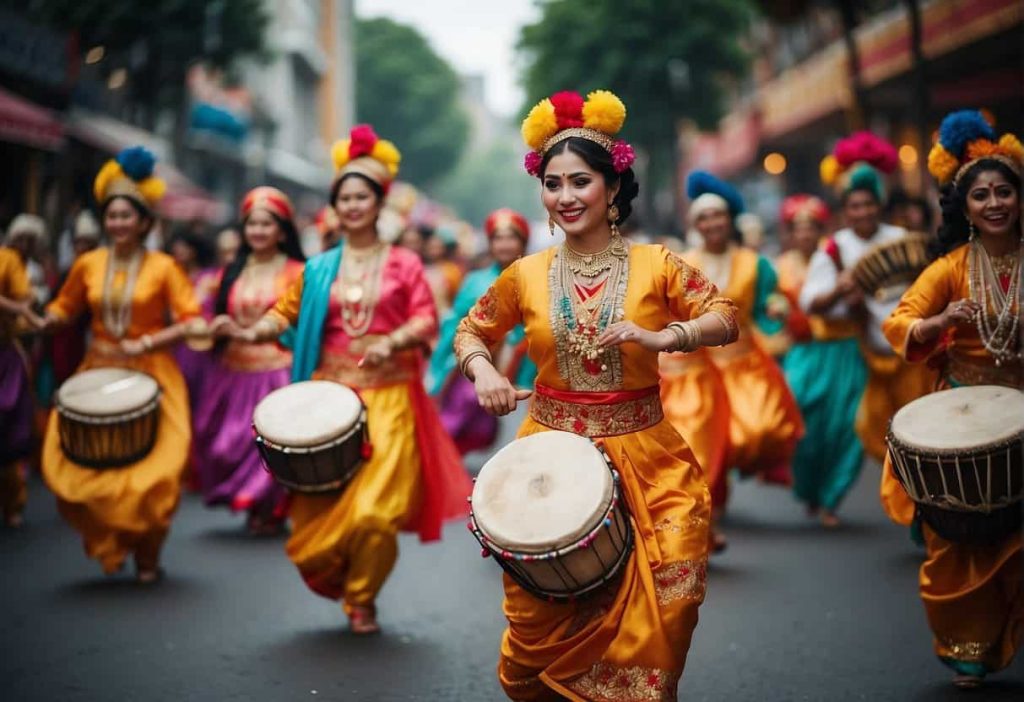
Sri Lanka, often referred to as the “Pearl of the Indian Ocean,” is a land rich in cultural heritage and traditions. With a history that spans over 2,500 years, this island nation is home to an array of vibrant cultural festivals that reflect its diversity, religious beliefs, and unique traditions. These festivals are more than mere celebrations; they are an invitation to experience Sri Lanka’s soul. From grand processions to intimate rituals, each festival offers a glimpse into the country’s rich tapestry of life. Here, we delve into some of Sri Lanka’s most iconic cultural festivals and provide insights on how you can immerse yourself in these unforgettable experiences.
1. Sinhala and Tamil New Year (Aluth Avurudu)
The Sinhala and Tamil New Year, celebrated in April, marks the end of the harvest season and the beginning of the new year for Sri Lanka’s Sinhalese and Tamil communities. This festival is deeply rooted in astrology and is observed when the sun transitions from the Pisces zodiac to Aries.
Highlights:
Rituals and Customs: Families clean their homes, prepare traditional sweets, and partake in auspicious ceremonies, such as lighting the hearth and boiling milk.
Games and Activities: Villages come alive with traditional games like tug-of-war, pillow fighting, and climbing greased poles.
Food: Mouthwatering sweets such as kokis, kavum, and milk rice (kiribath) are prepared and shared among family and friends.
How to Experience:
Join a local family or visit a rural village to partake in the authentic celebrations. Many cultural centers and hotels also organize New Year festivities for visitors.
2. Esala Perahera (Kandy Perahera)
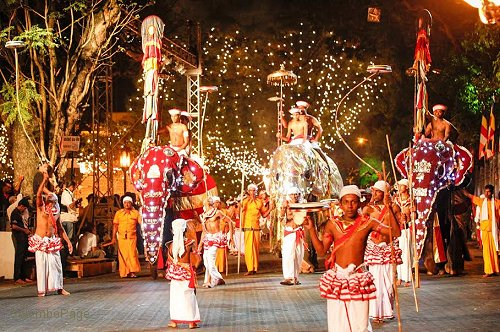
The Esala Perahera in Kandy is one of the most spectacular festivals in Asia. Held in July or August, this grand procession honors the Sacred Tooth Relic of Lord Buddha, housed in the Temple of the Tooth Relic (Sri Dalada Maligawa).
Highlights:
Procession: Elephants adorned with lavish costumes, traditional dancers, drummers, and fire performers parade through the streets.
Religious Observances: The festival includes rituals conducted by Buddhist monks.
Vibrant Atmosphere: Streets of Kandy transform into a carnival-like setting, with thousands of devotees and tourists gathering to witness the grandeur.
How to Experience:
Secure a vantage point early or book seats through a local travel agency for the best view. Visiting the Temple of the Tooth during the festival adds a deeper understanding of its significance.
3. Vesak Festival
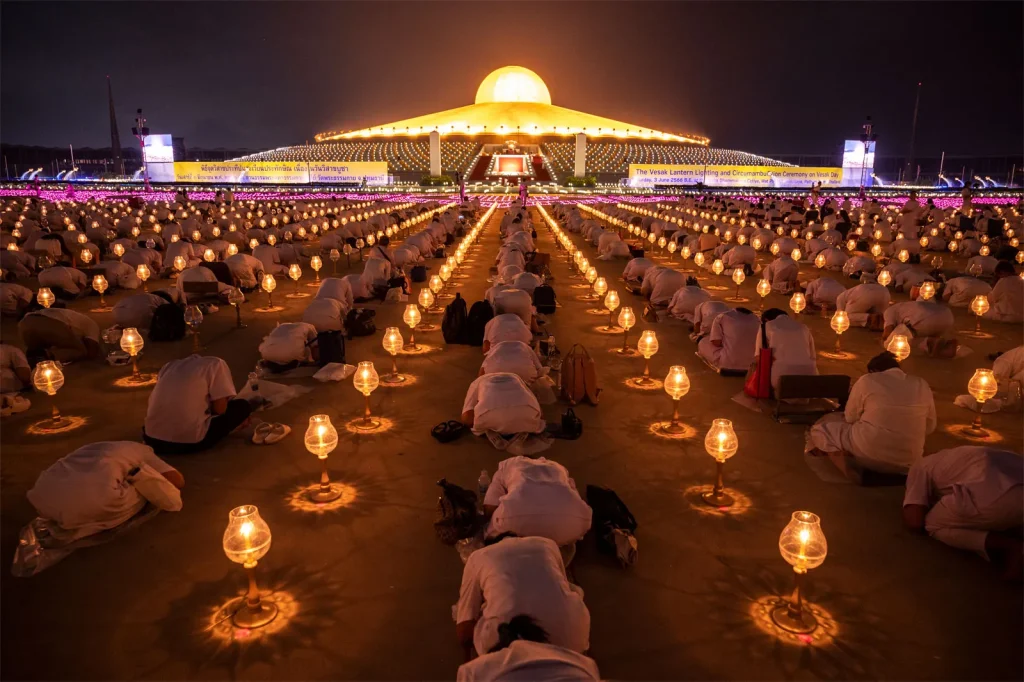
Celebrated in May, Vesak commemorates the birth, enlightenment, and passing away of Lord Buddha. This festival is marked by acts of piety and colorful decorations throughout the island.
Highlights:
Decorative Lanterns: Streets and homes are adorned with dazzling Vesak lanterns and pandals depicting Jataka tales.
Dana (Giving): Free food and drinks, known as “Dansal,” are distributed to passersby.
Spiritual Activities: Devotees visit temples for meditation, prayers, and to light oil lamps.
How to Experience:
Stroll through major cities like Colombo, Kandy, or Galle to admire the lantern displays and partake in temple ceremonies. Don’t miss the intricately crafted pandals that narrate Buddhist stories.
4. Deepavali (Diwali)
Deepavali, the festival of lights, is celebrated by the Hindu community in Sri Lanka, usually in October or November. It symbolizes the victory of light over darkness and good over evil.
Highlights:
Illuminated Homes: Houses are adorned with oil lamps, colorful rangoli designs, and decorations.
Religious Observances: Families perform prayers to Goddess Lakshmi, seeking blessings for prosperity and happiness.
Feasting: Traditional sweets and savory dishes, including laddu and murukku, are shared among loved ones.
How to Experience:
Visit Hindu temples in Jaffna or Colombo to witness the grandeur of the celebrations. Many communities are open to sharing their traditions with visitors.
5. Poson Poya
Poson Poya, celebrated in June, commemorates the introduction of Buddhism to Sri Lanka by Arahat Mahinda. This festival holds special significance in Anuradhapura, where the sacred Mihintale rock is located.
Highlights:
Pilgrimages: Devotees climb Mihintale to offer prayers and participate in rituals.
Illuminations: Temples and streets are lit up with lanterns and decorations.
Spiritual Practices: Observing sil (meditation and ethical precepts) and listening to Dhamma sermons are integral to the celebrations.
How to Experience:
Head to Anuradhapura or Mihintale to be part of the spiritual atmosphere. Participate in temple ceremonies and interact with pilgrims to learn more about the festival’s significance.
6. Nallur Festival
The Nallur Festival, held in Jaffna, is a 25-day grand event dedicated to Lord Murugan. It takes place at the Nallur Kandaswamy Temple, a revered Hindu shrine.
Highlights:
Daily Rituals: Each day features unique rituals, including processions with deities carried on chariots.
Cultural Elements: Traditional music, dance, and vibrant decorations enhance the festive spirit.
Devotional Acts: Devotees engage in fasting and prayers, often walking barefoot as an act of devotion.
How to Experience:
Visit Jaffna during the festival to witness the vibrant processions and rituals. Respect the temple’s customs by dressing modestly and following the local etiquette.
7. Kataragama Esala Festival
The Kataragama Esala Festival is a multi-religious event held in July or August in the southern town of Kataragama. It is dedicated to Lord Skanda (Murugan) and attracts Buddhists, Hindus, and indigenous Veddas.
Highlights:
Pilgrimages: Devotees walk long distances to reach Kataragama as an act of faith.
Sacred Rituals: Offerings, fire-walking, and body piercings are common during the festival.
Processions: Colorful parades with traditional music and dances fill the streets.
How to Experience:
Participate in the pilgrimage or attend the evening processions. The sacred atmosphere and acts of devotion are truly humbling.
8. Christmas in Sri Lanka
Although primarily a Buddhist country, Sri Lanka celebrates Christmas with great enthusiasm, particularly in urban areas.
Highlights:
Decorations: Cities are adorned with Christmas trees, lights, and festive decor.
Religious Services: Churches hold midnight masses and carol services.
Seasonal Treats: Christmas cakes, cookies, and festive meals are prepared and shared.
How to Experience:
Visit Colombo, Negombo, or Galle to enjoy the festive vibe. Attend a Christmas mass or explore holiday markets for a unique blend of local and Western traditions.
9. Poya Days
Each month, Sri Lanka observes a Poya Day, a full moon day significant in the Buddhist calendar. These days are dedicated to religious observances and are public holidays.
Highlights:
Temple Visits: Devotees flock to temples for prayers, meditation, and offerings.
Peaceful Atmosphere: Most shops and businesses close, creating a serene environment.
How to Experience:
Plan a visit to a Buddhist temple or a meditation center on a Poya Day. It’s an opportunity to experience the tranquil side of Sri Lankan culture.
Tips for Experiencing Sri Lanka’s Cultural Festivals
Respect Local Customs: Dress modestly, especially when visiting temples or participating in religious events.
Plan Ahead: Some festivals attract large crowds, so book accommodations and transportation early.
Engage with Locals: Interacting with locals can provide deeper insights into the traditions and significance of the celebrations.
Stay Informed: Check the dates of festivals as they often depend on lunar calendars and may vary each year.
Participate Actively: Be open to joining rituals, tasting traditional foods, and learning local customs for an immersive experience.
Conclusion
Sri Lanka’s cultural festivals offer a captivating journey into its rich heritage and traditions. Whether you’re marveling at the grandeur of the Esala Perahera, savoring the sweet treats of the Sinhala and Tamil New Year, or walking barefoot alongside pilgrims in Kataragama, each experience is a testament to the island’s vibrant spirit. By embracing these celebrations, you not only witness Sri Lanka’s cultural diversity but also create memories that will last a lifetime. Plan your visit around these festivals to truly connect with the heart of this enchanting island nation.

